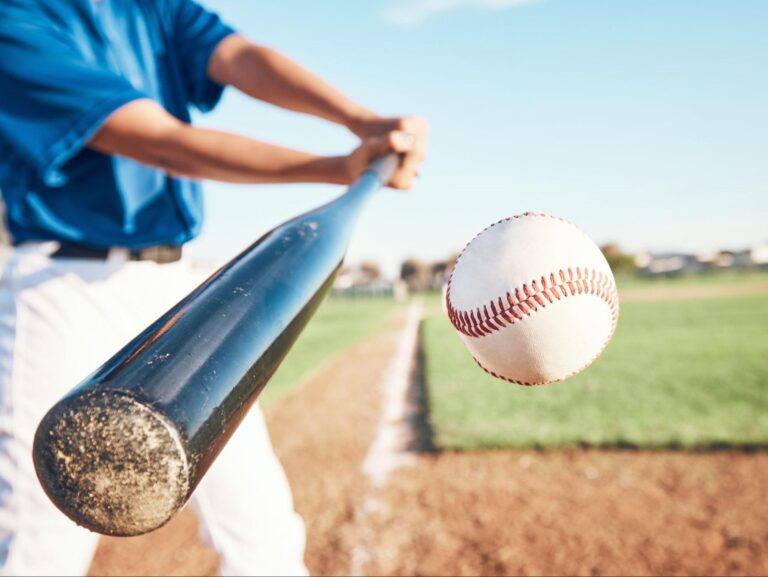
Boost Your Baseball Fundraising Success with These Ideas
Managing a baseball team requires passion and reliable funds to cover essentials like uniforms, equipment, travel, and tournament fees. When executed well, fundraising can unite
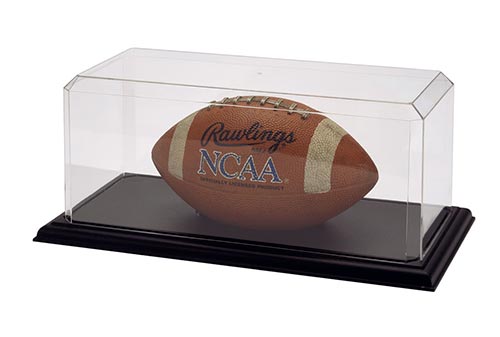
Collecting sports memorabilia isn’t just a hobby—it’s a passion that connects us to unforgettable moments in sports history. Whether it’s a signed baseball or a treasured trading card, each piece holds sentimental and often significant financial value.
Sports memorabilia preservation ensures these cherished items remain in pristine condition, allowing their stories to be passed down through generations.
In this comprehensive guide, we’ll explore essential strategies for sports memorabilia preservation, helping you protect your collection and keep those memories alive.
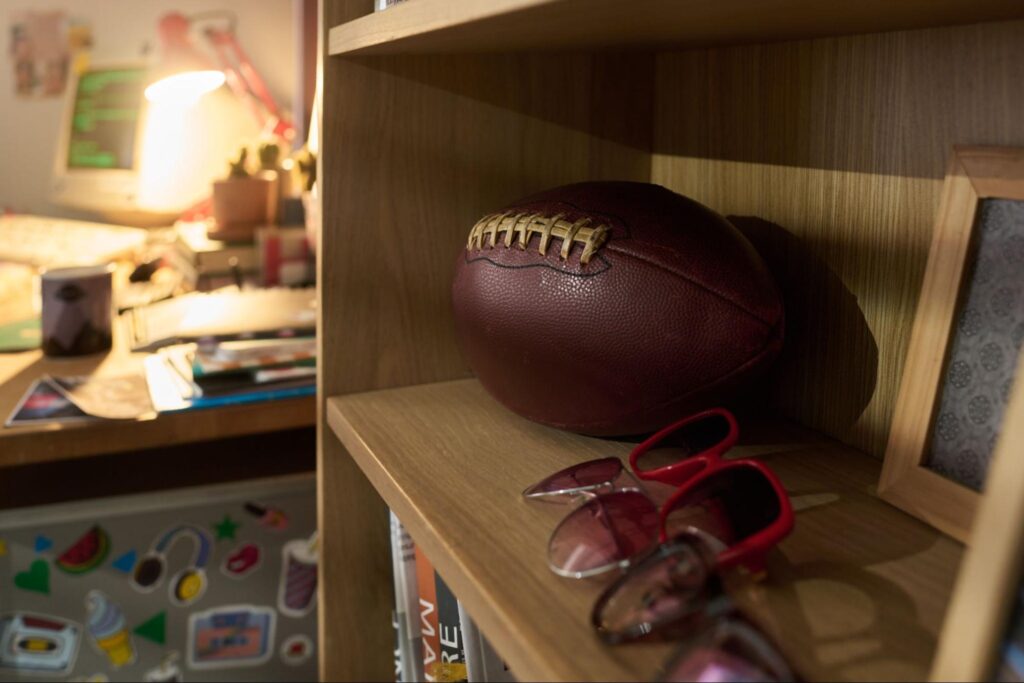
Sports memorabilia serve as tangible connections to iconic events and athletes. For many enthusiasts, these items are more than collectibles; they’re treasures that embody personal memories and significant investments. Proper sports memorabilia preservation is crucial not only to maintain the item’s physical condition but also to preserve its value over time. Neglect or improper care can lead to deterioration, diminishing both its sentimental and monetary worth.
Effective sports memorabilia preservation starts with understanding the key environmental factors that can affect your collection. Controlling temperature, humidity, and light exposure is fundamental to preventing damage.
Fluctuating temperatures can distort collectibles. Ideally, memorabilia should be stored in environments with stable temperatures between 65°F and 70°F. Extreme heat can cause warping, fading, or melting, especially in items like vinyl records or plastic materials. Conversely, cold temperatures can make certain materials brittle and prone to cracking.
Materials such as paper, fabric, and leather are particularly sensitive to temperature changes. A signed baseball bat, for instance, may expand and contract with shifts in temperature, leading to structural weakness or fading of the autograph. Maintaining a consistent temperature minimizes these risks and preserves the integrity of your items.
Humidity levels play a significant role in sports memorabilia preservation. Excessive moisture can lead to mold growth, mildew, and corrosion, while overly dry environments may cause materials to become brittle.
Aim to keep humidity levels between 30% and 50%. Using dehumidifiers in damp areas or silica gel packets within display cases can help control moisture. Proper ventilation is also crucial, as it aids in maintaining these conditions by allowing air circulation, preventing mold and mildew growth, and minimizing airborne pollutants.
In addition to controlling humidity, managing light exposure is equally crucial for preserving your memorabilia.
Exposure to light, especially ultraviolet (UV) rays, can cause irreversible damage such as fading and discoloration, it is important to protect your memorabilia. Both natural sunlight and artificial lighting can be harmful over time.
To protect your memorabilia:
By controlling light exposure, you can significantly extend the life of autographs, fabrics, and other sensitive materials.
The way you handle your sports memorabilia is just as important as where you store them. Improper handling can lead to immediate and long-term damage.
Each type of memorabilia requires specific care when handling:
Avoid consuming food or drinks near your collectibles to prevent accidental spills or stains.
Natural oils and residues from your skin can degrade materials over time. Wearing clean cotton gloves minimizes direct contact, preserving the condition of sensitive items like photographs, cards, and autographs.
Proper storage materials are essential to prevent damage:
By following these steps, you can significantly reduce the risk of damage during storage.
Display cases offer both protective and aesthetic benefits, allowing you to showcase your collection while safeguarding it from environmental hazards.
There is a variety of display cases designed to accommodate different types of memorabilia:
Choosing the right material for your display case is crucial for both preservation and presentation.
Consider the environment and handling your display case will endure when selecting between acrylic and glass.
When choosing a display case, it’s important to consider factors such as durability, UV protection, and customization options. Pioneer Plastics offers top notch products to both showcase and protect your items, combined with expert advice to create solutions tailored to suit your needs.
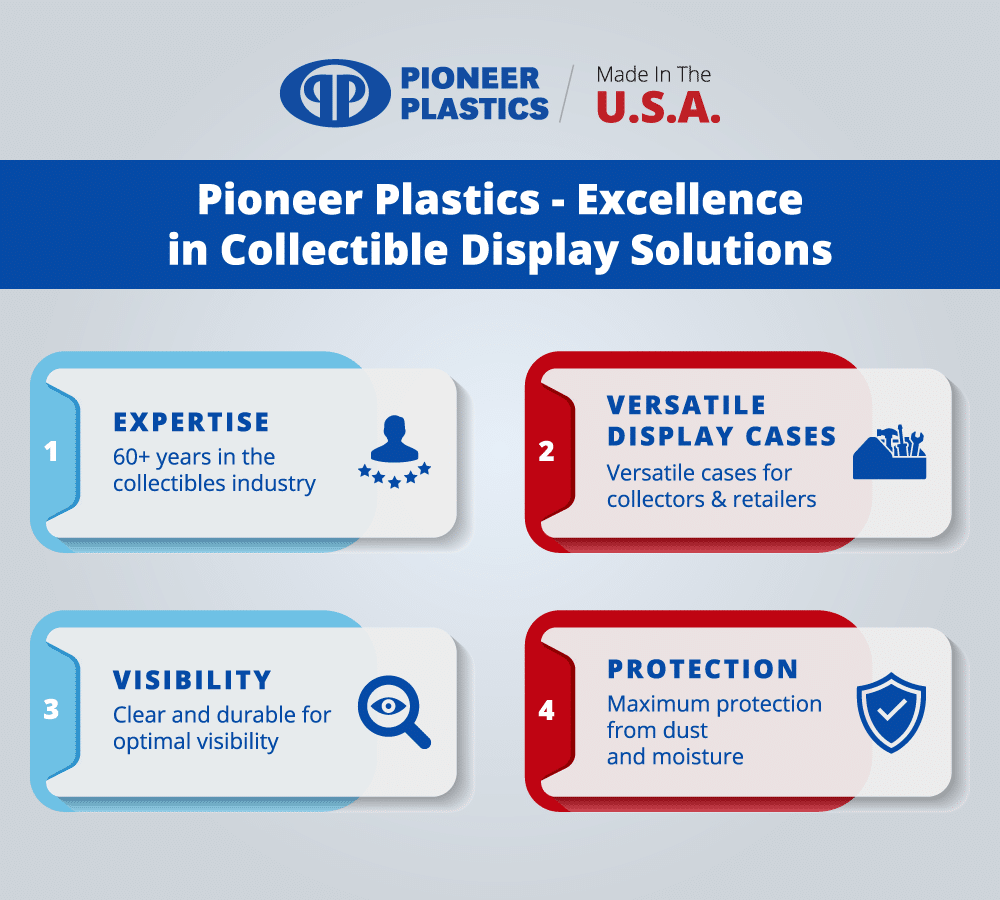
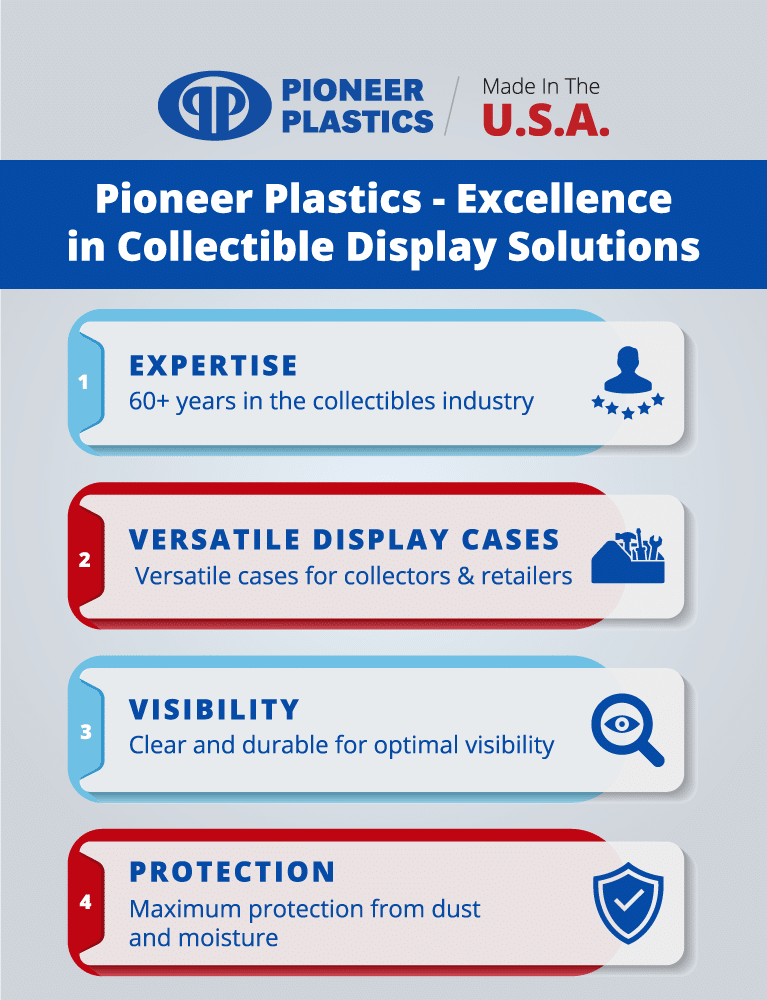
With over 60 years of industry experience, Pioneer Plastics specializes in crafting high-quality, durable display cases made in the USA. Their commitment to sports memorabilia preservation ensures your collection is both protected and beautifully showcased.
Pioneer Plastics understands that every collection is unique. They offer customizable display cases to fit a wide range of items:
Whether you’re a casual collector or a serious hobbyist, contact Pioneer Plastics to create a custom display case that matches your specific requirements.
Beyond proper storage and display, regular maintenance and proactive measures are key to sports memorabilia preservation for the long haul. It is important to know the best way to protect your collection.
Maintaining a cleaning schedule helps prevent the buildup of substances that could harm your memorabilia over time.
Consider additional protective measures:
These extra layers of protection can be especially beneficial in environments prone to dust or higher traffic.
Given the potential value of sports memorabilia, insurance is a wise consideration.
Regularly updating appraisals ensures your insurance coverage remains adequate, safeguarding your investment.
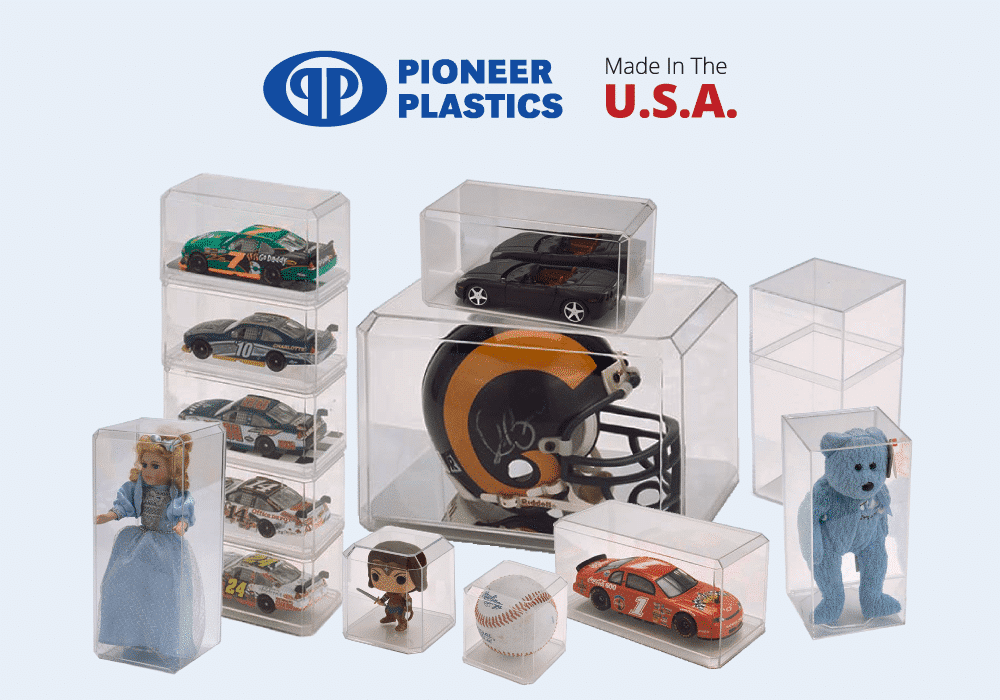
Sports memorabilia preservation is a blend of passion and diligence. You can ensure your cherished items remain in excellent condition for years to come. Help keep your prized possessions safe by implementing proper environmental controls and maintaining stable temperature/humidity levels to prevent material degradation.
Remember, each piece in your collection tells a story—protect it well to keep that narrative alive. Follow proper handling practices, using gloves and handling items with care will avoid physical damage. Complete routine maintenance: regular cleaning and inspections help maintain the overall condition of your memorabilia. Invest in high-quality, UV-protected display cases from Pioneer Plastics to safeguard and showcase your collection.
Ready to take the next step in protecting your sports memorabilia?
Explore Pioneer Plastics’ range of display cases and discover how they can provide the perfect protection and presentation for your collection.
The information provided in this content is for general informational purposes only and should not be considered professional advice. It is advisable to consult with a qualified industry professional before taking any action based on this information. The team at Pioneer Plastics is here to assist you with any questions you may have.

Managing a baseball team requires passion and reliable funds to cover essentials like uniforms, equipment, travel, and tournament fees. When executed well, fundraising can unite
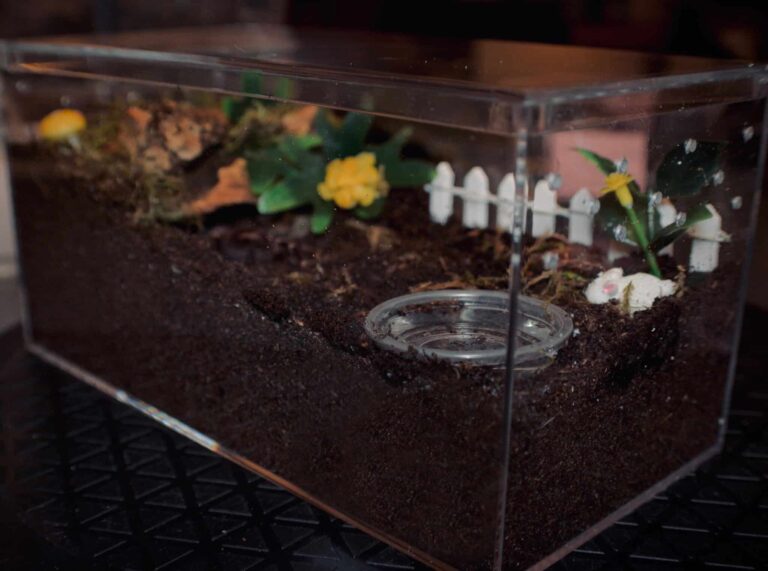
Welcome to the intricate world of tarantula care, where the right enclosure can make all the difference between a thriving pet and a stressful environment.
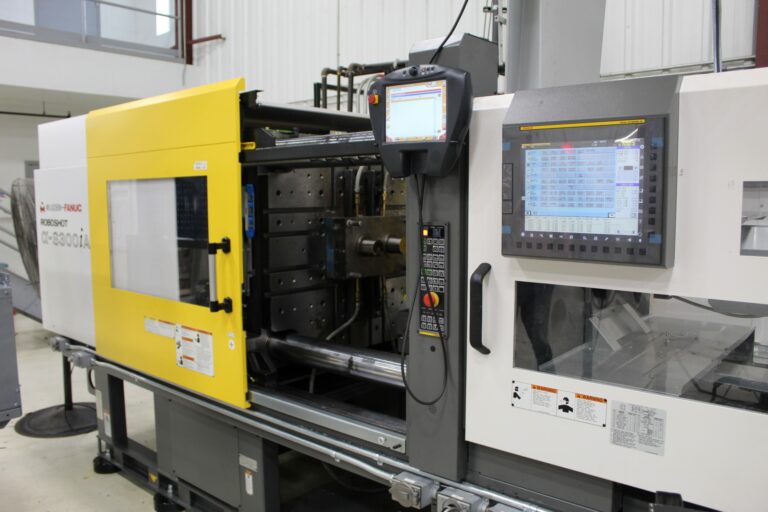
Plastic injection molding is a custom option for manufacturing parts, and can be much more versatile than other types of plastic molding. This more efficient
